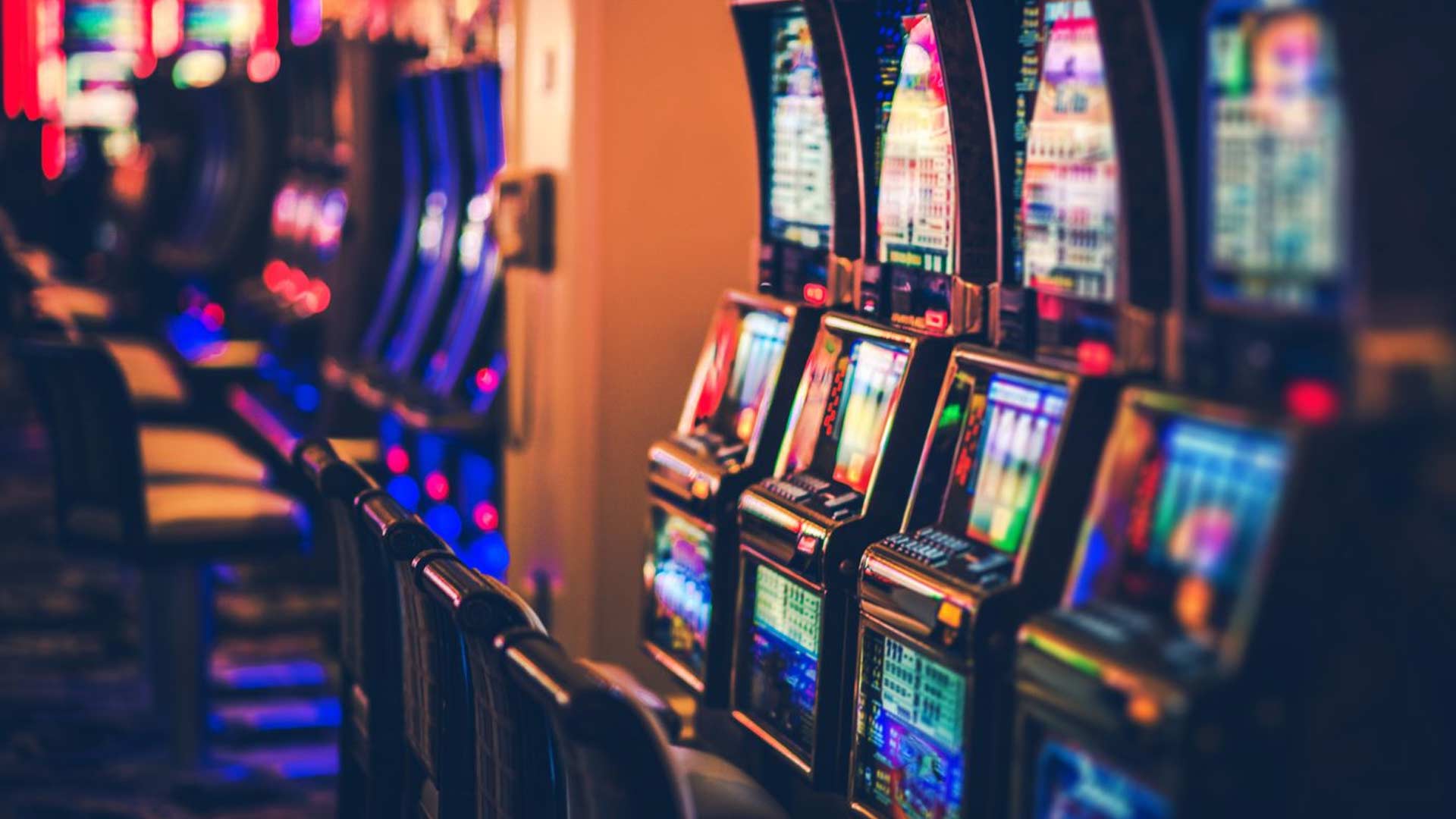Why Roulette Inspires Both Fear and Joy

Why Roulette Inspires Both Fear and Joy
Roulette, with its spinning wheel, gleaming ball, and dramatic calls, has captivated players for centuries. This iconic casino game elicits a fascinating duality of emotions, a potent mix of fear and joy that keeps people coming back for more. Understanding the psychology behind these feelings is key to appreciating the enduring appeal of roulette.
At its core, roulette is a game of chance. The outcome hinges entirely on where the ball lands, making every spin a gamble. This inherent uncertainty is the foundation of the fear. Players risk their hard-earned money on the possibility of loss, and the unpredictable nature of the game can trigger anxiety. The fear of losing, the dread of seeing your chips disappear, is a visceral experience that fuels the tension and excitement.
However, the fear is counterbalanced by the potent allure of joy. The potential for significant winnings is a major driver. The possibility of a big payout, of turning a small wager into a substantial sum, is a powerful motivator. This hope, this anticipation of reward, is the source of the joy. It's the feeling of adrenaline coursing through your veins as the wheel slows, the ball bounces, and the tension builds.
Several factors contribute to this emotional roller coaster:
- The Illusion of Control: Despite being a game of pure chance, players often develop strategies and believe they can influence the outcome. This perceived control, however illusory, can enhance the feeling of involvement and heighten both fear and joy.
- The Social Element: Roulette is often played in social settings, creating a shared experience of excitement and anxiety. The cheers and groans of fellow players contribute to the overall atmosphere and amplify the emotional impact of each spin.
- The Near Miss Effect: Losing by a narrow margin can be particularly frustrating, but also incredibly stimulating. The feeling of "almost winning" can be more addictive than winning itself, keeping players engaged in the hope of future success.
- The Cognitive Bias of Gambler's Fallacy: The belief that past outcomes influence future ones (e.g., "the ball hasn't landed on red in a while, so it's due") is a common cognitive bias. This can lead to irrational decision-making and further amplify the emotional swings.
Beyond the purely emotional aspect, roulette offers other appealing factors. The game is visually engaging, with its spinning wheel and colorful betting layout. The rituals and traditions associated with the game, such as the call of the croupier and the presentation of the winning numbers, add a layer of sophistication and allure. The simplicity of the rules also makes it accessible to players of all experience levels.
The accessibility of online casinos has further amplified roulette's popularity. Players can now enjoy the game from the comfort of their homes, removing some of the social pressure and allowing for a more personalized experience. Many platforms, such as m88 msports login, offer a vast selection of roulette variations, catering to different preferences and skill levels.
In conclusion, roulette's enduring appeal lies in its ability to tap into fundamental human emotions. The fear of losing is constantly juxtaposed with the joy of potential victory, creating a thrilling and addictive experience. The combination of chance, strategy, and social interaction makes roulette a unique and compelling form of entertainment, a game that continues to inspire both fear and joy in players around the world.
Disclaimer: Gambling involves risk. Please gamble responsibly.